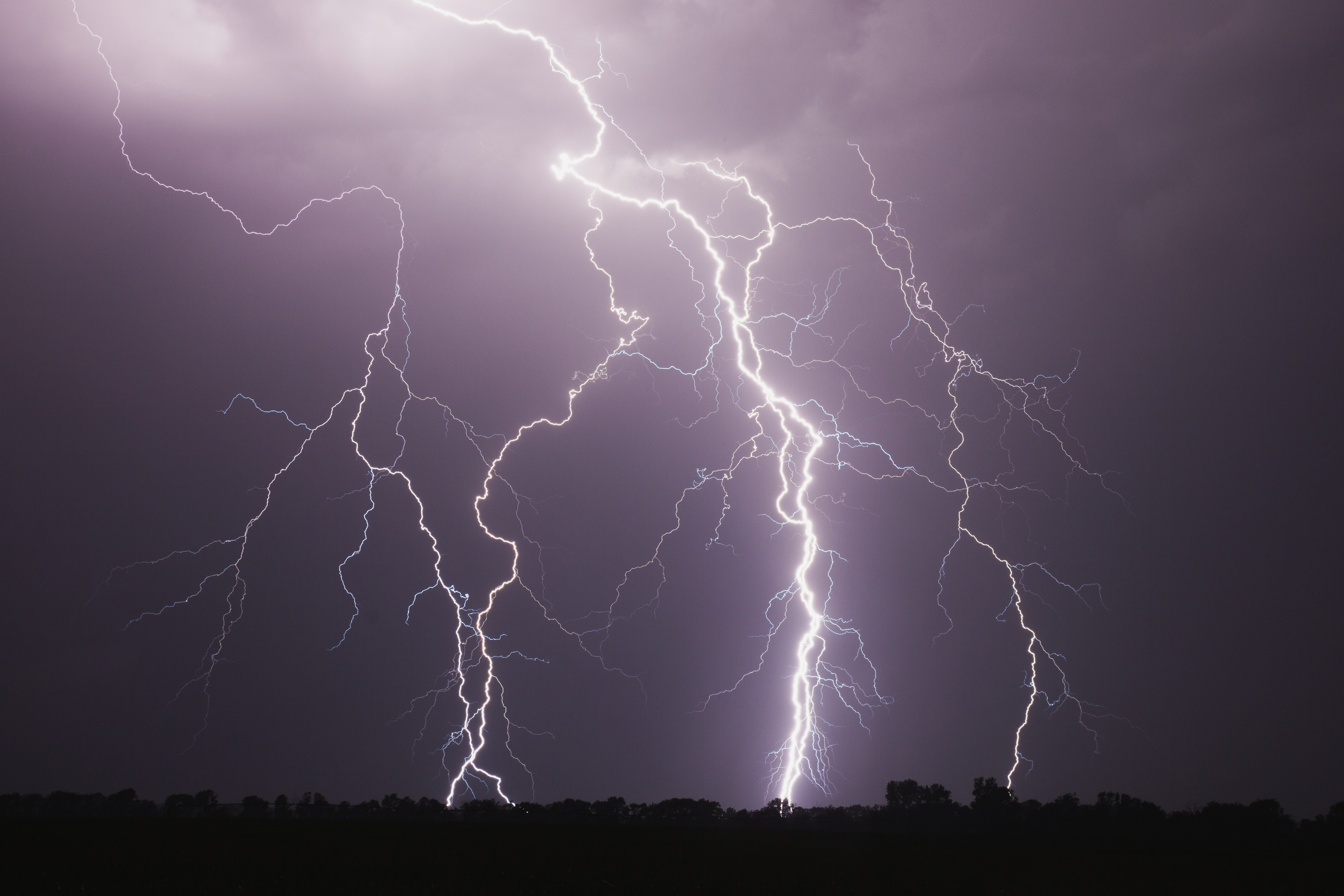Stories of COVID-19 survivors suffering from symptoms months after their initial illness are spurring researchers to investigate post-recovery conditions.
These survivors have been dubbed as long haulers and researchers say they're not sure yet if long haulers will fully recover.
49-year-old Amanda Thebe, a Houston-based fitness trainer, caught coronavirus in early March.
Her case was a mild one and she rode it out at home.
"Probably the reason I never got hospitalized is because I could fight it. I did have a good immune system," said Thebe.
However, 15 weeks later, she was still suffering from symptoms her doctors couldn't explain.
Her main infection is gone but something as simple as a short walk can put her out for days.
Local
The latest news from around North Texas.
"What happens then, I get severe chest pain. I lose my voice, which you can hear a little bit now. It becomes raspy, really shallow breathing, shortness of breath, bad cough and the fatigue is incredible. I usually end up going back to bed for two or three days," said Thebe.
Long haulers are people of all ages, from children to elderly.
Some have underlying conditions while many are healthy.
Doctors at Mount Sinai's Center for Post-COVID Care in New York are investigating their conditions.
"What we have learned day after day is that more and more symptoms are completely unexpected to what we first started with," said the center's medical director Dr. Zijian Chen
Long haulers have reported dozens of different symptoms including coughing, diarrhea, shortness of breath, headaches, but the most common seems to be fatigue.
"When we do studies on their viral status, while they have antibodies, these patients swab negative for the virus so we believe they're no longer infected. These symptoms are purely from the initial infection and what that infection did to their bodies, leaving these long term consequences," said Dr. Chen.
He and his team are looking into treatments for these symptoms like medication, lifestyle changes or physical therapy but he said it's too soon to know when or if long haulers will make full recovery.
He said there's growing concern about the need for more centers like his as more people recover from COVID-19.
In the meantime, Thebe hasn't received answers from her doctors yet.
Instead, she's found the most help in the Survivors Corps Facebook group, now 85,000 members strong.
"It's really helpful to know that there is a whole lump of people that are going through this!" said Thebe.
Chen tells NBC 5 he has reached out to colleagues around the nation to recruit other doctors into investigating and treating long haulers.




